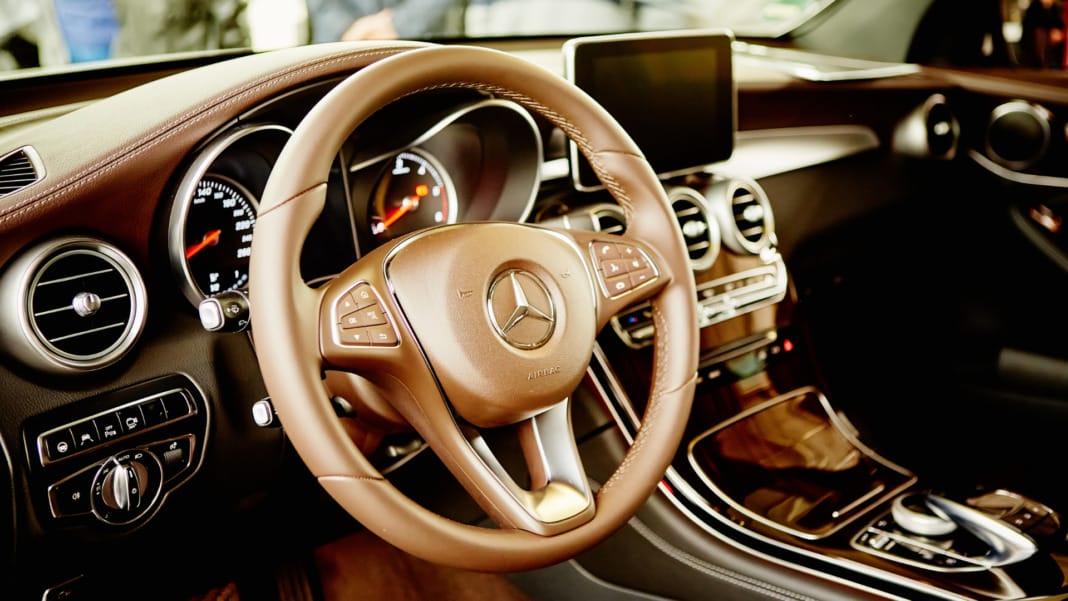Mercedes-Benz has no intention of allowing Apple’s advanced CarPlay system to control all its vehicle screens, as stated by the CEO of the German automotive giant during an episode of Decoder.
Ola Källenius, the CEO, firmly expressed that Mercedes-Benz is aiming for a “holistic software architecture” to enhance the technological experience in their cars, tailored to meet growing customer demands. This statement came in response to an inquiry about whether the company would allow Apple CarPlay to manage every display within its vehicles. “The short answer is no,” Källenius remarked during his discussion with The Verge’s Nilay Patel.
Apple’s ambitious proposal for its next-generation CarPlay, announced in 2022, was designed to expand the phone-mirroring feature from the central touchscreen to additional screens, including the gauge cluster. This expansion signalled Apple’s desire to influence essential vehicle functionalities, such as the HVAC system and the speedometer. Despite these plans, the revamped CarPlay has yet to be installed in any production models. Last year, Apple announced that Porsche and Aston Martin would be among the initial adopters of this immersive display technology.
However, Källenius noted that Mercedes is taking a different route, collaborating closely with Google, Apple’s chief competitor. This partnership focuses on developing an enhanced navigation system based on Google Maps, with significant input from Mercedes’ own engineers.
Balancing customer choice with brand integrity
While some manufacturers, like General Motors, have recently banned Apple CarPlay and Android Auto in their new electric vehicles to offer a more integrated software environment, Mercedes-Benz remains open to providing these phone-mirroring options. Källenius emphasised the importance of offering choices to customers, stating, “We’re not fundamentalists to say, for some reason, we’re not going to allow a customer to use Apple CarPlay if that’s what they choose to do.”
Mercedes continues to support Apple CarPlay and Android Auto, giving customers the flexibility to switch between their vehicle’s native functions and those offered by their smartphones. “If, for some of the functions, you feel more comfortable with that and will switch back and forth, be my guest. You can get that, too,” he added.
In conclusion, Källenius reaffirmed Mercedes-Benz’s stance on not ceding complete control of its cockpit displays to external systems like Apple’s next-gen CarPlay. “To give up the whole cockpit head unit—in our case, a passenger screen—and everything to somebody else, the answer is no.”





